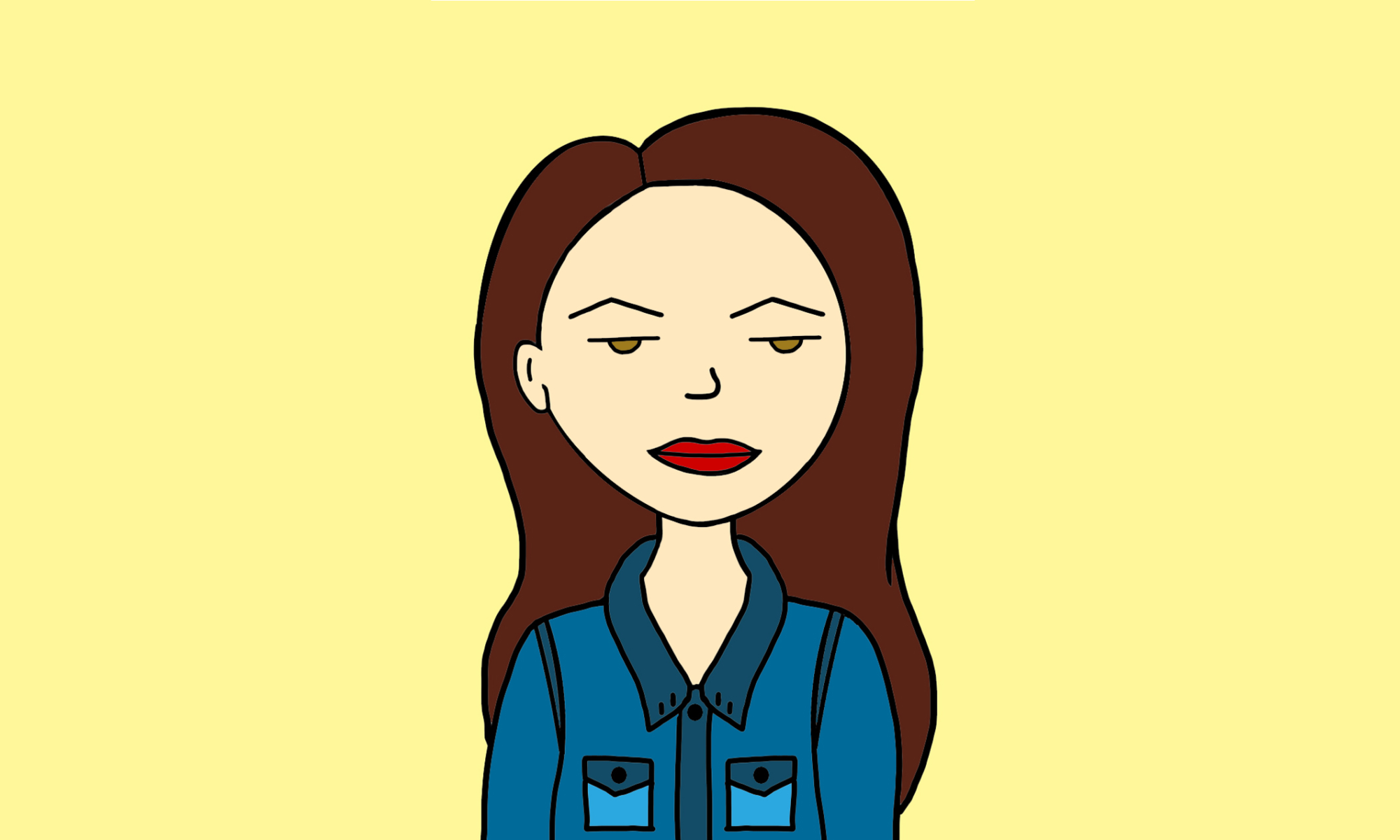I was about ten or eleven when I first watched Elf (2003).
During this time, I harbored a deep dislike of Will Ferrell—I’m not quite sure where this dislike came from, but part of me thinks it stemmed from the near idolatry with which the boys in my grade worshipped Ferrell for his alleged comedic genius. These were the same boys who refused to read “girly” books and rolled their eyes at “girly” shows. So I was wary. They didn’t respect my taste, so I was disinclined to respect theirs. And the first time I watched Elf, I was, indeed, unimpressed. Will Ferrell wasn’t funny. He was spastic. The plotline was bizarre. I couldn’t believe Zooey Deschanel would choose to marry this man-child. And that’s where my relationship with the film started and ended.
Then, many, many years passed.
I was a freshman in college. Overwhelmed by finals, longingly counting the days until Christmas break, I decided to procrastinate by binging a slate of holiday films. It was here that I decided to give Elf a second chance. And, this time, I loved it.
It baffles me to this day.
But I, like, really love Elf.

The premise is wacky: a human child is raised by elves in the North Pole and then heads to New York City as an adult man to find his father—but Will Ferrell commits so diligently to the role that it works. He throws himself headlong into his character, Buddy, dressed in a bright green costume with yellow tights, and expertly uses his large stature (Ferrell towers at 6’4) to great comedic effect. He traipses around the bustling city of New York, waving enthusiastically at strangers, sticking used chewing gum into his mouth, and running back and forth through the spinning doors of Macy’s. Ferrell cultivates an almost maniacal look of glee in his eyes. His energy is boundless as he jumps and twirls and bursts into the sterile corporate office of his biological father.
James Caan plays the role of Buddy’s father, Walter, which is a genius casting decision on its own. Caan looks and acts like a soulless businessman. He sits at his desk, dressed in a perfectly pressed suit, brow furrowed. He is one of the “normal” characters in this film—meaning, he responds to Buddy like a real person would, confusion marring his face, nonplussed by Buddy’s aggressively friendly demeanor. This, of course, creates a brilliant contrast in comedy.
When Buddy first enters his father’s office, Walter mistakes him for a singing Christmas-gram. Always game to do, well, anything, Buddy acquiesces and starts singing an off-key stream-of-consciousness: “I’m here with my dad and we’ve never met and he wants me to sing him a song and…um, I was adopted but you didn’t know I was born, so I’m here now, I found you, Daddy, and, guess what, I love you, I love you, I love youuuu!”
Walter stares at him, then mumbles, “Well…that was weird.”

Throughout the film, Walter and Buddy are two opposing forces and their friction is what elevates the story into a strong comedy. Every single time Buddy cheerily bounces around his father, and his father looks askance at him, I can’t help but laugh.
While a guest on The Late, Late Show with James Corden, Ferrell shared something Caan confessed to him at the Elf premiere: “He’s like, ‘Hey, I’ve got to tell you something. Every day on set, I thought you were way too over-the-top. But now I see what you’re doing. Great job.’”
And that’s exactly why they become such an unexpected dynamic duo. Ferrell commits so thoroughly to the part, and Caan so clearly has no idea what the hell Ferrell is doing, that their respective responses to each other are absolutely hilarious.
And I also better understand Zooey Deschanel’s character, Jovie—despite her ridiculous name, which I can only assume is a play on “jovial.” Look, I’ve lived in New York City. It can be an isolating place. Everyone is constantly moving somewhere, eyes straight ahead, focused on getting from here to there, and it’s easy to get swallowed up by the flux. In New York, you have to create a hard-edged demeanor—you have to be outwardly aggressive—to make sure no one tries to shove past you at the subway turnstile or bump into you on the sidewalk. You have to maintain an “I don’t give a shit, I will end you” persona. And that can be exhausting.

So imagine, suddenly, you meet this person who is actually, legitimately, filled to the brim with joy, who responds to every situation with open-hearted glee, who is kind and asks questions and cares. This is a person who doesn’t let New York change them, but who instead, in his own way, changes New York. He rescues Santa in Central Park and his kindness compels his half-brother to stand up and corral a group of cynical New Yorkers into singing Christmas songs. How could that not be delightful? So I understand you, Jovie. I do. When winter casts its long dark shadow and suddenly night hits immediately at noon, we look for joy wherever we can find it. And good-hearted holiday cheer, one made of jingle bells and chocolate spaghetti noodles and a second home in the North Pole, is undoubtedly alluring.
And perhaps that is another reason why I have such a soft spot for Elf. It truly is committed to the idea of holiday joy—of bringing happiness and excitement to each and every person, regardless of their crusty cynicism. It’s silly and candy-colored and goofy and fun.

